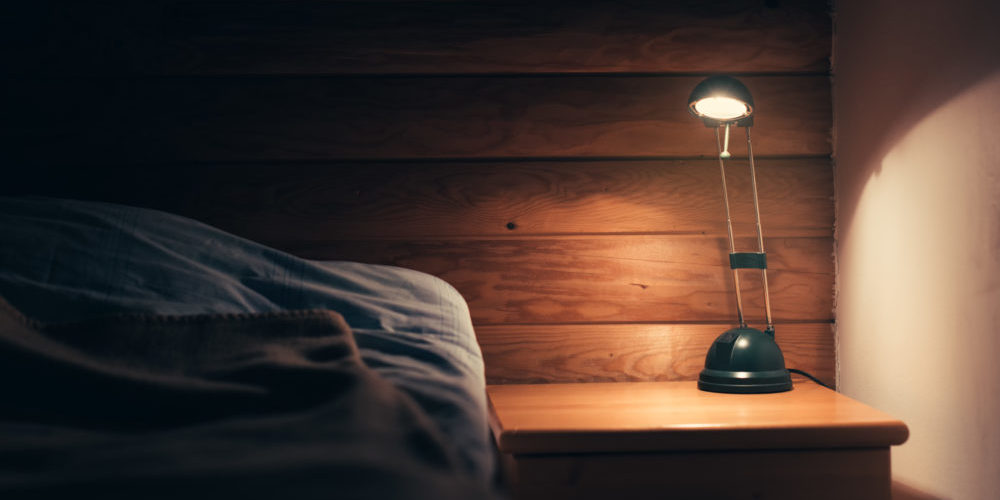The right environment can help you fall asleep faster and wake less often during the night. If you have trouble sleeping, take steps to remedy anything that stimulates you, makes you uncomfortable or interferes with sleep.
- Noise: our sleeping brain continues to register and process sound. Noise can disturb your sleep, wake you up or cause you to switch from deep sleep to light sleep. Nocturnal noise can also cause adverse physical reactions during sleep such as raise your blood pressure and increasing levels of stress hormones.
- Light: Exposure to light at night can reset the body’s clock and delay sleep. Make sure your bedroom is as dark as possible. If streetlight comes through your curtains, put up blackout shades or blinds. Block any bright LED displays in your room before you go to bed. Use dim night lights in the hallway and bathroom so you don’t have to switch on ceiling lights if nature calls during the night.
- Temperature: Your body temperature naturally decreases during sleep. If your bedroom is too hot, it can affect the quantity and quality of your sleep. Research suggests that a cool room between 60-65 degrees F (16 -19 C) will help keep your body at the right sleeping temperature. Be sure the covers you sleep under are the right thickness to keep you comfortable and not too warm. On hot summer nights, cool the room with a ceiling fan or a fan placed in front of an open window.
Contributors: Rebecca Lee from RemediesForMe


